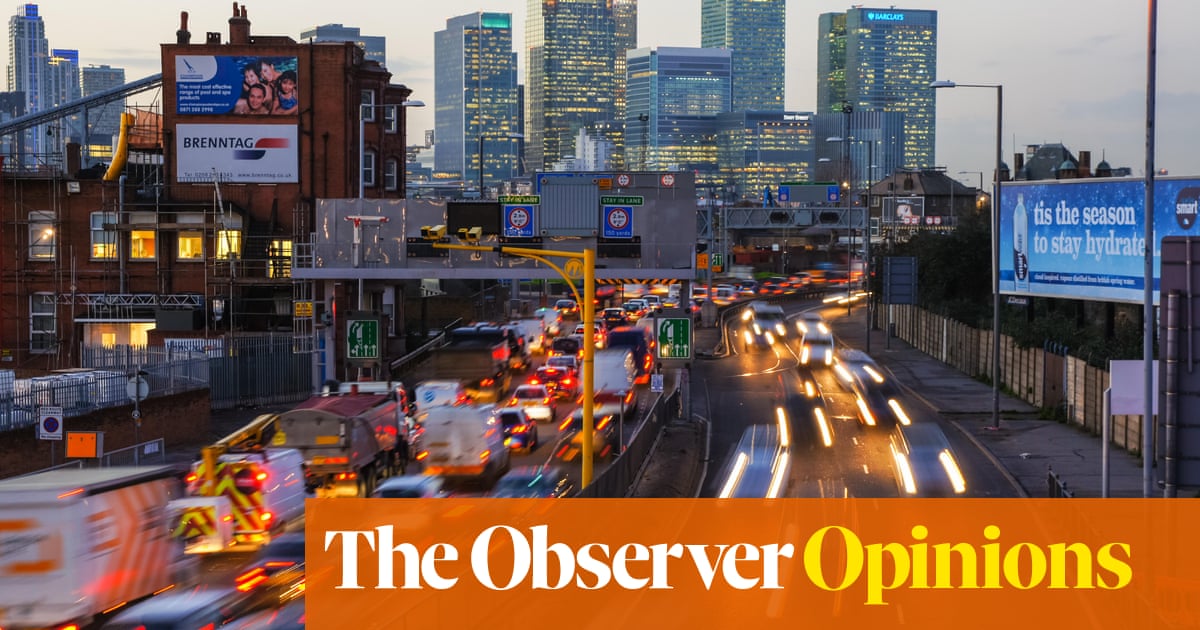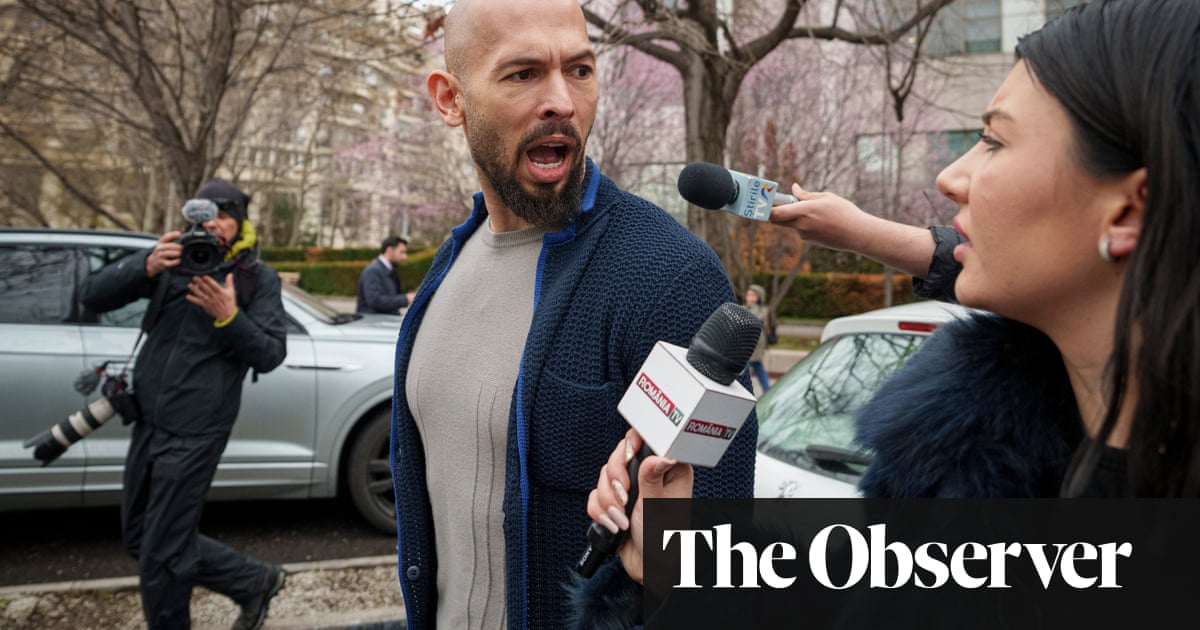Nearly a year before he allegedly killed 14 people and injured dozens more by driving a pickup truck flying an Islamic State (IS) flag through a crowd of New Year’s revelers in New Orleans, Shamsud-Din Jabbar expressed his beliefs that music, intoxicants, sex and other pleasures were evils deserving of destruction.
An account on the SoundCloud platform under the name of Jabbar posted three recordings totaling about 20 minutes each containing those and other expressions of extremist religious views.
SoundCloud did not immediately respond to a request for comment. The voice on the recordings match that of Jabbar’s as heard on a video promoting a real estate business he was confirmed to have run before authorities say he aimed a deadly terrorist attack at one of the world’s most famous festive drags, killing or injuring a mix of local area residents as well as foreign visitors. He was then shot dead by police at the end of Wednesday’s attack on Bourbon Street, bringing the total number dead to 15, the local coroner said Thursday.
Muslim scholars have widely rejected the extremist positions IS or those who sympathize with the terrorist group have with respect to the religion, saying Islam teaches mercy and peace as well as the importance of justice.
Alluding to reports that Jabbar had previously faced accusations of engaging in some of the behavior he condemns in the recordings, including drunk-driving and spousal abuse, a statement from the Council on American-Islamic Relations on Thursday said: “His crime is the latest example of why cruel, merciless, bottom-feeding extremist groups have been rejected by the overwhelming majority of the Muslim world – from Islamic scholars, to mosques, to organizations and to individual Muslims.”
“We strongly denounce this crime, [and] we stand in solidarity with the people of New Orleans,” said the organization, calling on people who could help investigators capture any potential accomplices of Jabbar to come forward.
Nonetheless, the recordings appear to answer one early question about Jabbar: how long he had been radicalized without being detected. The audio establishes that Jabbar was openly detailing extremist religious views by about February 2024, though relatively few observers had taken note, with the recordings collectively garnering fewer than 300 listens as of Thursday. The account had two followers while following various Muslim-related accounts on the platform.
The longest recording centers on Jabbar’s interpreting scripture to mean that “poetry, like rapping” could gradually lure people “into the things that God has made forbidden to us: the intoxicants like marijuana, alcohol, sedatives, opioids, stimulants and others”.
“Then there’s the way that music entices us to illicit sex, vulgarity, violence, betrayal, arrogance, burglary, cheating, ingratitude to our spouses or others in general,” he continued. Suggesting music was “Satan’s voice,” he added: “It drives us to waste our wealth, sever the ties to kinship – and even idolatry by calling us to worship … the artist themselves.”
The 42-year-old who most recently lived in Houston would go on to blame one rap song in particular for a spate of three murders that occurred in his neighborhood shortly after its release in the early 2000s. He also said he believed scripture commanded people to “forbid evil”.
“In fact, Allah commands Satan to incite mankind with his voice and assault them with his soldiers and become a partner,” Jabbar, a US-born citizen and army veteran who served in Afghanistan, remarked. “Forbidding … evil is a mandate on all of mankind.”
Jabbar on another recording asserts that “Allah … says, ‘Save those who believe and do righteous deeds … These will have the good tidings of paradise with all its gifts and pleasures, without there ever being a break in them.”
Jabbar’s rhetoric would later escalate dramatically. Joe Biden said the FBI told him and his White House aides that agents found, “mere hours before the attack”, that Jabbar had “posted videos on social media indicating that he was inspired by IS, expressing a desire to kill”.
CNN reported speaking with two officials who had been briefed on the videos. On them, Jabbar referred to a divorce and plans to gather his family under the guise of a celebration before killing them.
But Jabbar reportedly said he later had dreams about why he should join IS before ultimately changing his plans and becoming part of the terrorist group, said CNN. The network added that it had not independently reviewed the videos but understood they were taken while Jabbar drove at night.
Punchbowl News on Thursday reported that Jabbar published five videos on Facebook on the morning before the attack in New Orleans, according to a briefing given to certain House and Senate members. Citing a source who was briefed, Punchbowl’s congressional reporter Mica Soellner wrote on X: “In the first [video], he explained his subscription to ISIS ideology and the second he ‘provided his will’.”
Jabbar had complained in court filings that one of his two divorces was making it difficult for him to pay his house note. Among other legal problems were a drunk-driving conviction as well as a restraining order obtained by an ex-wife who alleged he was abusive, which was first reported by TMZ.
On Wednesday, after renting a pickup and mounting an IS flag in the back, Jabbar steered around a police blockade at the foot of Bourbon Street and slammed into New Year’s revelers celebrating in a city synonymous with jazz and rap music as well as raucous celebrations such as Mardi Gras. He also fired a rifle at the crowd in New Orleans’ historic French Quarter neighborhood as well as at police – while clad in body armor and a helmet. He wounded two officers who confronted him before being shot dead by police.
Authorities said Jabbar killed 14 victims while injuring about 35 more. Many of the victims were either from the New Orleans area or nearby Mississippi. But there were also residents of other states and citizens of other countries, including Mexico and Israel, according to information released so far by various officials.
At a Thursday news briefing, an FBI official said investigators suspected Jabbar was solely responsible for the previous day’s killings. Authorities spent Wednesday searching for possible accomplices after finding a number of improvised explosive devices left near the site of the attack. Two were wired for remote detonation, with a corresponding remote control found in Jabbar’s truck.
A short-term rental home where Jabbar stayed had later also been found intentionally lit on fire about two miles away from the attack.
Local and state leaders generally conveyed a need to demonstrate resilience – along with compassion for victims and their families in the wake of the attack – as they embarked on plans for a return to normalcy on Thursday.
“Remember there is no making sense of evil,” New Orleans city council member Oliver Thomas said in a statement. “Our focus needs to be on prayers and support for everyone involved.”

 3 months ago
47
3 months ago
47













































